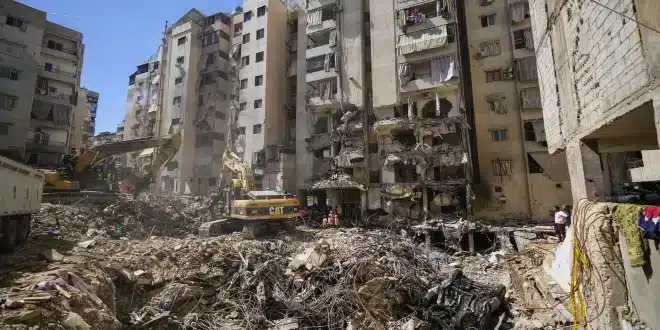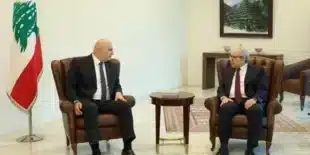On Monday, a series of airstrikes by Israel hit multiple areas across Lebanon, marking a day of significant violence not seen since the conflicts of 2006 between Israel and Hezbollah, the Iran-supported militant group. The air assaults resulted in the deaths of over 500 people and injuries to more than 1,800, sparking widespread panic among the Lebanese population. The casualties included a mix of civilians and Hezbollah militants, with bombs dropping on densely populated areas often described as Hezbollah strongholds.
In response to these actions, Israeli Prime Minister Benjamin Netanyahu indicated that these operations were part of a strategy to alter the strategic dynamics on Israel’s northern border. The Israeli military executed these strikes targeting approximately 1,600 Hezbollah-related sites, and the continuation of airstrikes into the next day suggests a sustained campaign.
This escalation of violence has raised international alarms, with several nations expressing concerns about the potential for broader regional conflict and urging for de-escalation. Despite the severity of the attack, neither Israel nor Hezbollah has formally declared war, maintaining the ongoing tension as an escalation rather than outright warfare.
The attacks predominantly focused on areas near Lebanon’s border with Syria, a region where Hezbollah is notably active. The targets included advanced weaponry such as cruise missiles and rocket arsenals, which Israel claimed were stored within civilian areas, thereby increasing the risk to non-combatants. Many residents, receiving warnings through texts and calls, hastily evacuated their homes.
In the midst of this turmoil, educational institutions closed, and transportation was disrupted, indicating a severe impact on daily life in Lebanon. The Lebanese government enacted emergency measures to manage the crisis, while the Israeli cabinet heightened security protocols across Israel in anticipation of further conflict.
The situation has drawn international attention, with global powers and organizations stepping in to mediate and hopefully steer the parties away from an all-out war. This is particularly crucial as the region teeters on the brink of a broader conflict, given the historical animosity between Israel and Hezbollah and the current volatile state of affairs.


